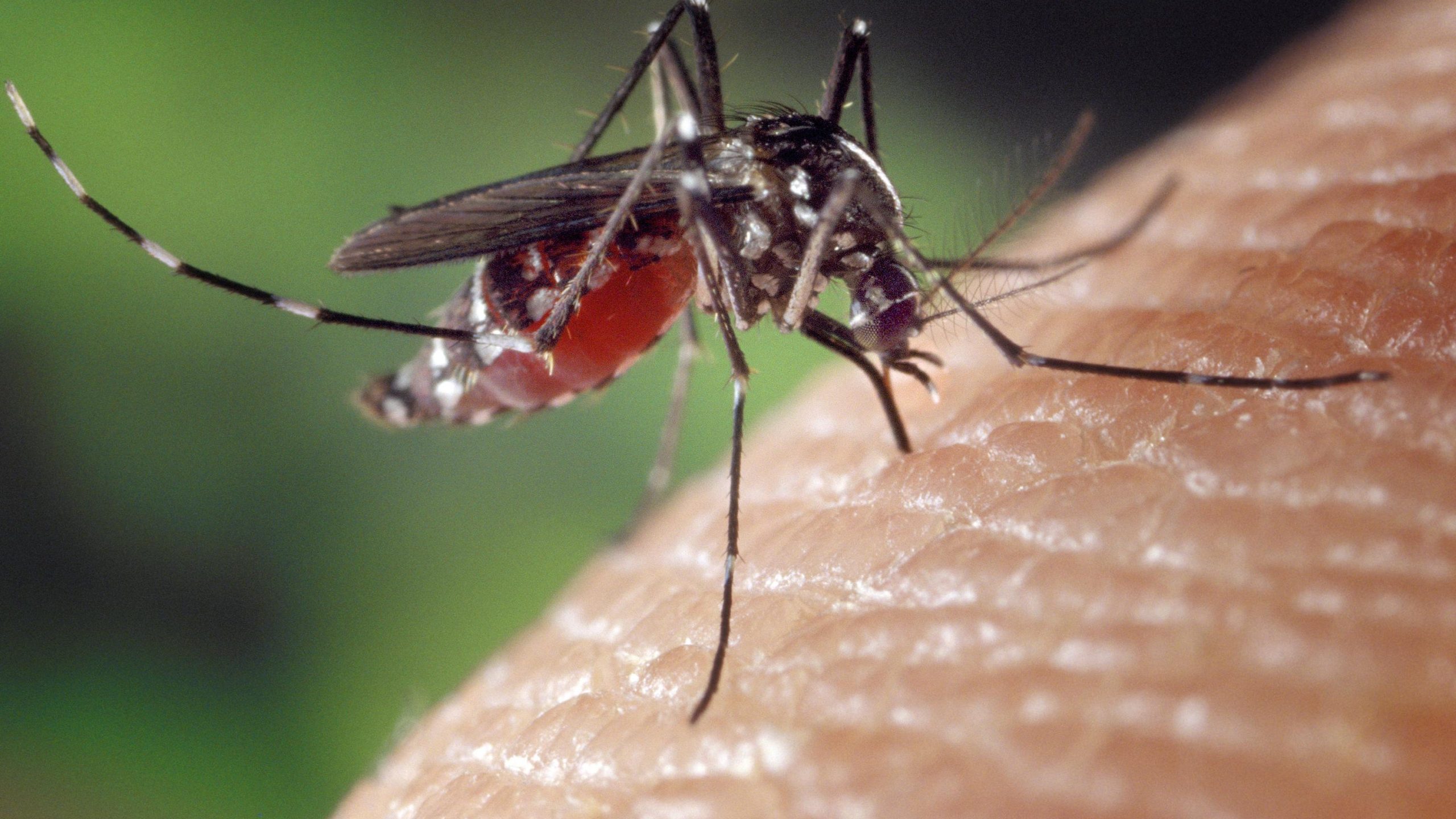Infection
The threat of West Nile virus is rapidly rising in Larimer County
Fort Collins and areas of Larimer County are seeing the number of mosquitoes infected with West Nile virus exploding in recent weeks, causing concern among health officials of an increase in human cases of the potentially debilitating and deadly disease.
This summer, an alarming number of West Nile virus-infected Culex mosquitoes are showing up in traps around Larimer County compared with last year. Humans can contract West Nile virus if bitten by infected mosquitoes.
“It’s very concerning and really unusual to see the high number of infected mosquitoes this early in the season,” said Kori Wilford, spokesperson for the Larimer County health department. “At least in my recent memory, Fort Collins has not see numbers this high.”
Here’s how this year’s number of mosquitoes infected with WNV compares
- Southeast Fort Collins is showing four times the number of WNV-infected mosquitoes found in traps this year compared with last year at this time.
- Citywide, the mosquito infection rate is nearly three times that of last year at this time.
An explanation of how Larimer County determines the threat of WNV
- The county uses a vector index that measures the level of WNV-infected mosquitoes found in traps in an area.
- A vector index above 0.5 strongly predicts cases of WNV in humans and a vector index of more than 1.0 is clearly correlated with human cases.
Here are the latest vector indexes for Larimer County towns/cities
- Berthoud: 3.0. It jumped from an index of 1.2 to 3.0 in a week.
- Fort Collins: 0.358 citywide. Southeast has an index of 0.734; northeast, 0.100; northwest, 0.087; and southwest, 0.043.
- Loveland: 0.233
- The county recommends spraying for mosquitoes when an index exceeds 0.50, but individual municipalities make decisions of when to spray.
- Fort Collins’ vector index threshold for spraying is 0.75 or above.
West Nile warning:Larimer County warns of sharp rise in mosquitoes that can carry West Nile virus
Why Larimer County is seeing such high numbers of infected mosquitoes
Wilford said the reasons are complex, but this year’s wet spring left standing water in which Culex mosquitoes lay their eggs. That wet period was followed by warm temperatures, which are ideal for adult mosquitoes.
What you can do to reduce mosquitoes and their bites
- Culex mosquitoes can lay eggs in as little as 2 inches of water.
- Drain items such as bird baths, containers and kiddie pools.
- Use DEET or other effective mosquito repellent.
- Avoid exposure during peak Culex mosquito feeding times, which are dusk through dawn.
- Wear long sleeves and pants to reduce skin exposure.

